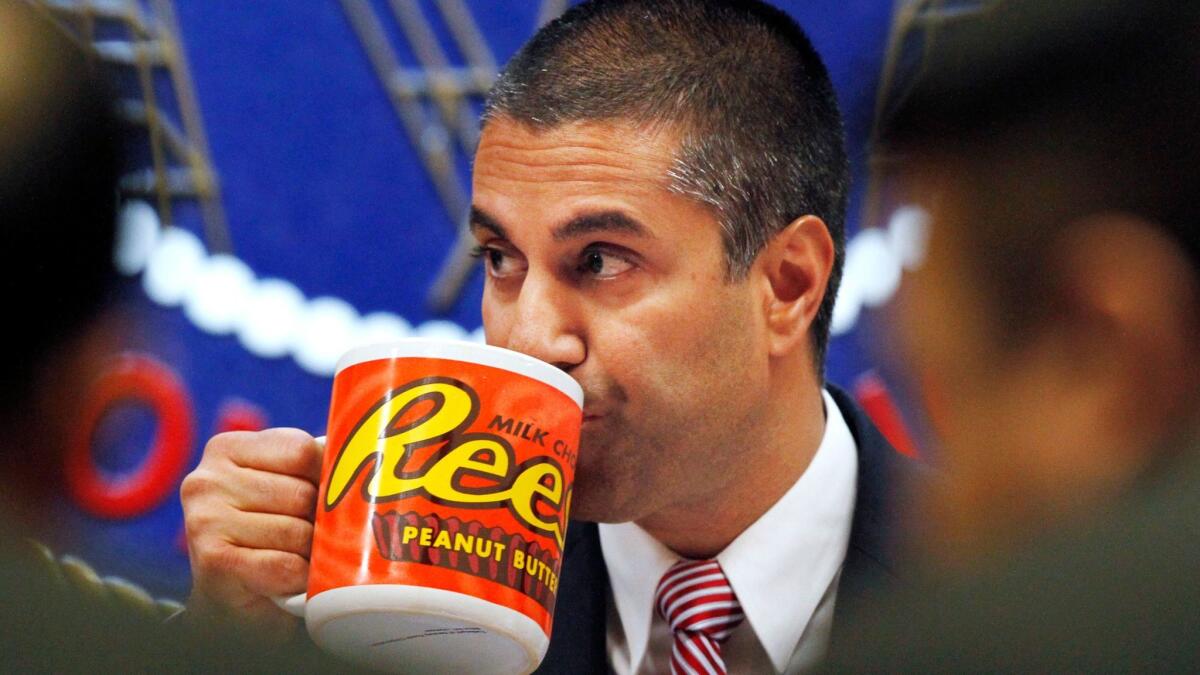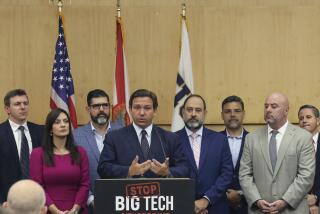Burger King ad explains net neutrality with flame-grilled Whoppers

Burger King is delivering its own hot take on the net neutrality showdown that has enflamed the U.S., using flame-grilled Whoppers.
Burger King’s new ad has become a sensation, with more than a million views on YouTube and it’s lighting up Twitter.
In the ad, customers, who the restaurant says are real, are told they will be charged different prices for a Whopper based on speed, or MBPS (making burgers per second). Prices range from $5 to $26.
The customers grow increasingly furious in an art-imitating-life display that mocks new internet rules that have led to wide-scale protests and even death threats.
There’s even a jab at Ajit Pai, who heads the federal commission that voted last month to eliminate net-neutrality protections for the internet (hint: look for the colossal Reese’s coffee mug).
Net neutrality is the principle that internet providers treat all web traffic equally, and it’s pretty much how the internet has worked since its creation.
The Federal Communications Commission last month repealed the Obama-era rules, giving internet service providers such as Verizon, Comcast and AT&T permission to slow or block websites and apps as they see fit or charge more for faster speeds.
The FCC decision has led to a fierce pushback by consumers, law enforcement and major corporations.
Last week, a group of attorneys general for 21 states and the District of Columbia sued to block the rules. So did Mozilla, the maker of the Firefox browser; public-interest group Free Press; and New America’s Open Technology Institute. Others may file suit as well, and a major tech-industry lobbying group that includes Google has said it will support litigation.
This week, Montana became the first state to bar telecommunications companies from receiving state contracts if they interfere with internet traffic or favor higher-paying sites or apps.






